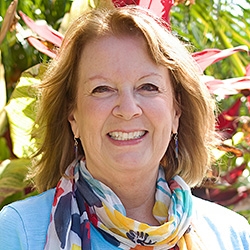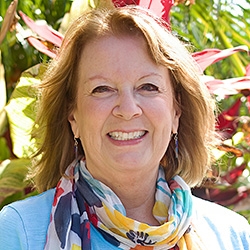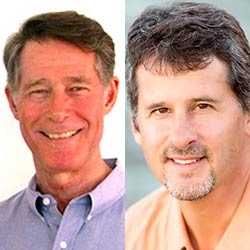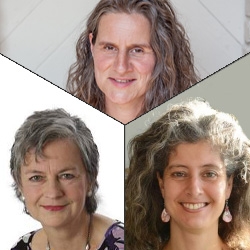

NVC Resources on Conflict
-
Do you ever give up on disagreements, temporarily or permanently? Do you ever disengage from conflict because you’re certain the situation can't be resolved? Sometimes this applies. And consider how you may be giving up too soon, which decreases the possibility for resolution. This speaks to your level of commitment. How committed are you to valuing another’s needs and to finding resolution?
-
Yoram Mosenzon shares that the role of a mediator is often misconceived as solving conflicts, which can create stress and exacerbate the conflict. Instead, the true essence of mediation is about remaining untriggered, understanding the pain of the conflicting parties, and facilitating communication.
-
In relationships, the desire for space can conflict with the need for intimacy. This conflict arises from different strategies to meet similar needs. By identifying specific needs behind the request for space and understanding the other person’s needs for closeness, both of you can negotiate and collaborate. Repeated conflicts may indicate the need for personal healing, which you’ll need to address individually.
-
Trainer Tip: Our differences are not in our needs, but in how we attempt to meet them. This simple truth can help you lessen the conflicts in your life and your judgments of other people. Rather than focus on where you disagree, focus on where you are the same. This shift can make a profound difference in your ability to understand yourself and other people, and to bring unity to your life.
-
Rita learns the power of silent empathy while visiting her daughter and offering unsolicited advice.
-
Learn to channel anger into mutual caring and peace through conflict mediation and brain science.
-
Learn to navigate conflict without reactivating old pain, bringing peace to yourself and others.
-
Whether its pandemics, climate change, damage to the environment or other massive challenges that humanity faces, what are we to do if we can't agree on even the most basic information and knowledge? From empathic understanding we can focus on shared, universal human needs (where there is no conflict or disagreement) underlying our perceptions, and feelings. Then we can see if there are ways we can agree on to meet those needs.
-
Tools for creating simple agreements with your group about what to do when conflict arises.
-
Transform arguments with these steps: take responsibility for your mind, increase your capacity for discomfort, slow down, show up and remember your values, offer understanding, take risks, and speak from your heart. Learning new skills takes time, energy and effort. However, it’s entirely possible to radically shift the way we communicate. The key is patience, persistence, and taking it one step at a time.

Quick Links
Subscription Preferences
Stay In Touch!
Looking for ways to keep up with NVC Academy news, get special offers, free resources, or words of inspiration? Here are five ways to stay engaged:










